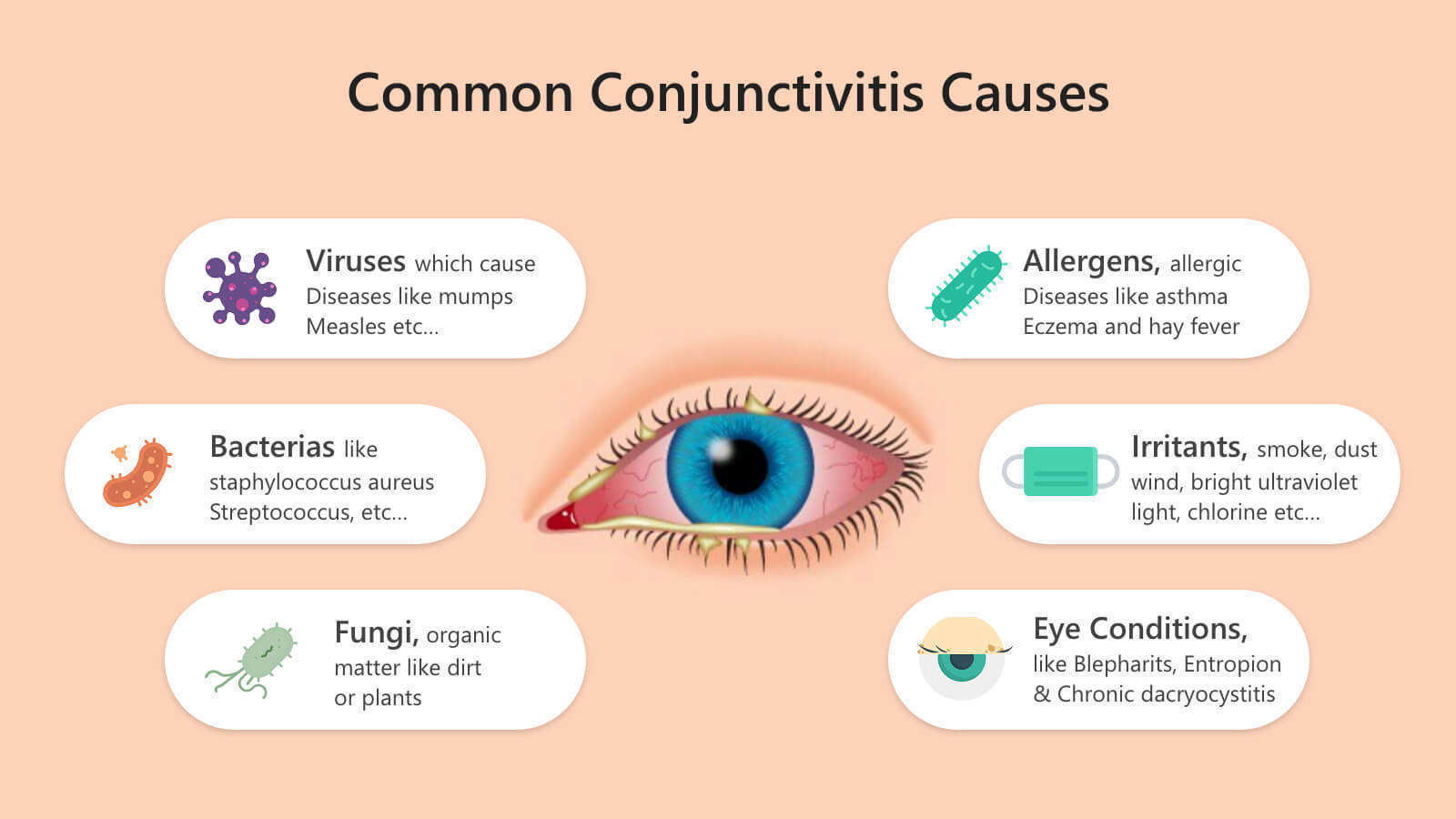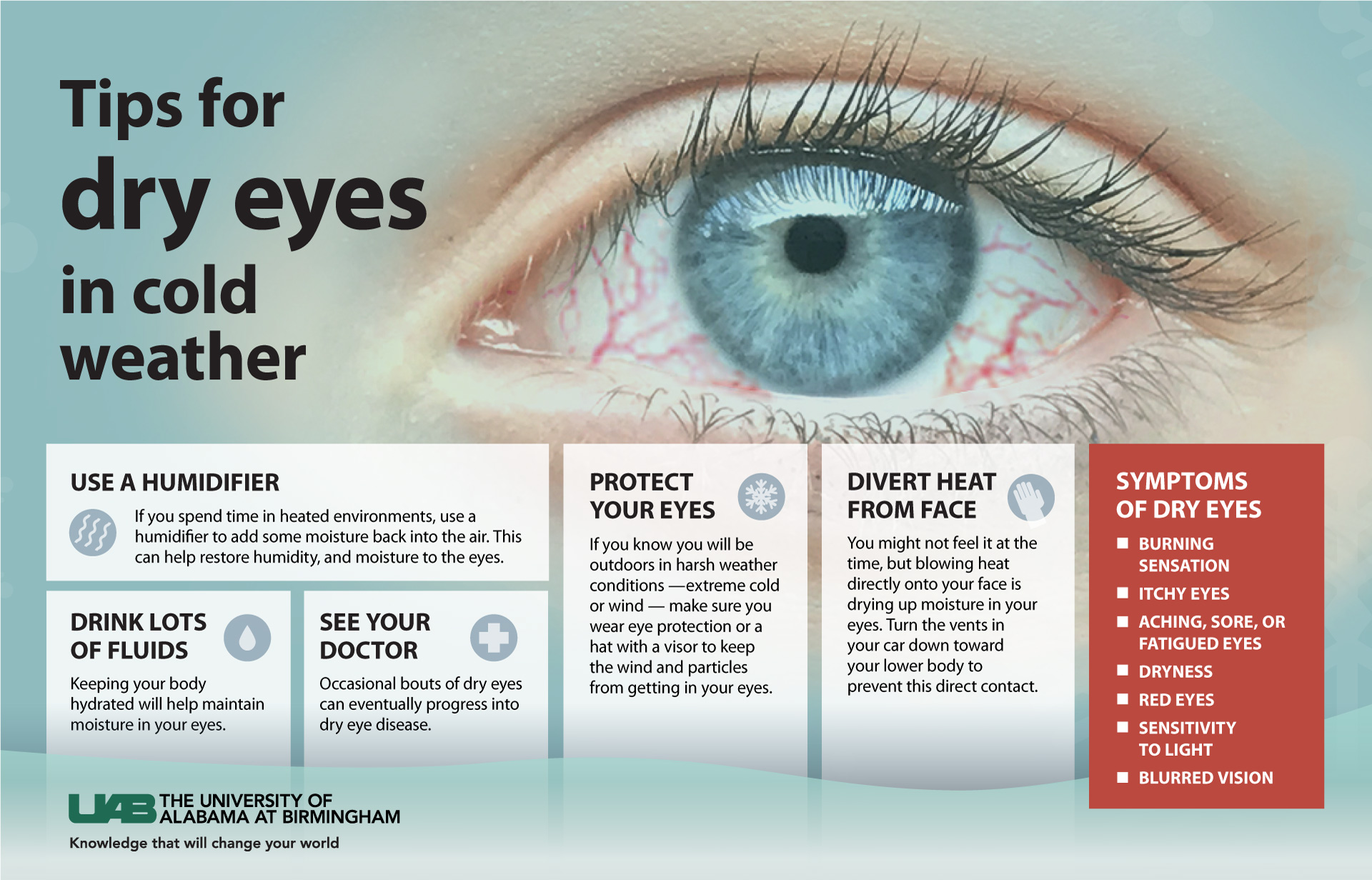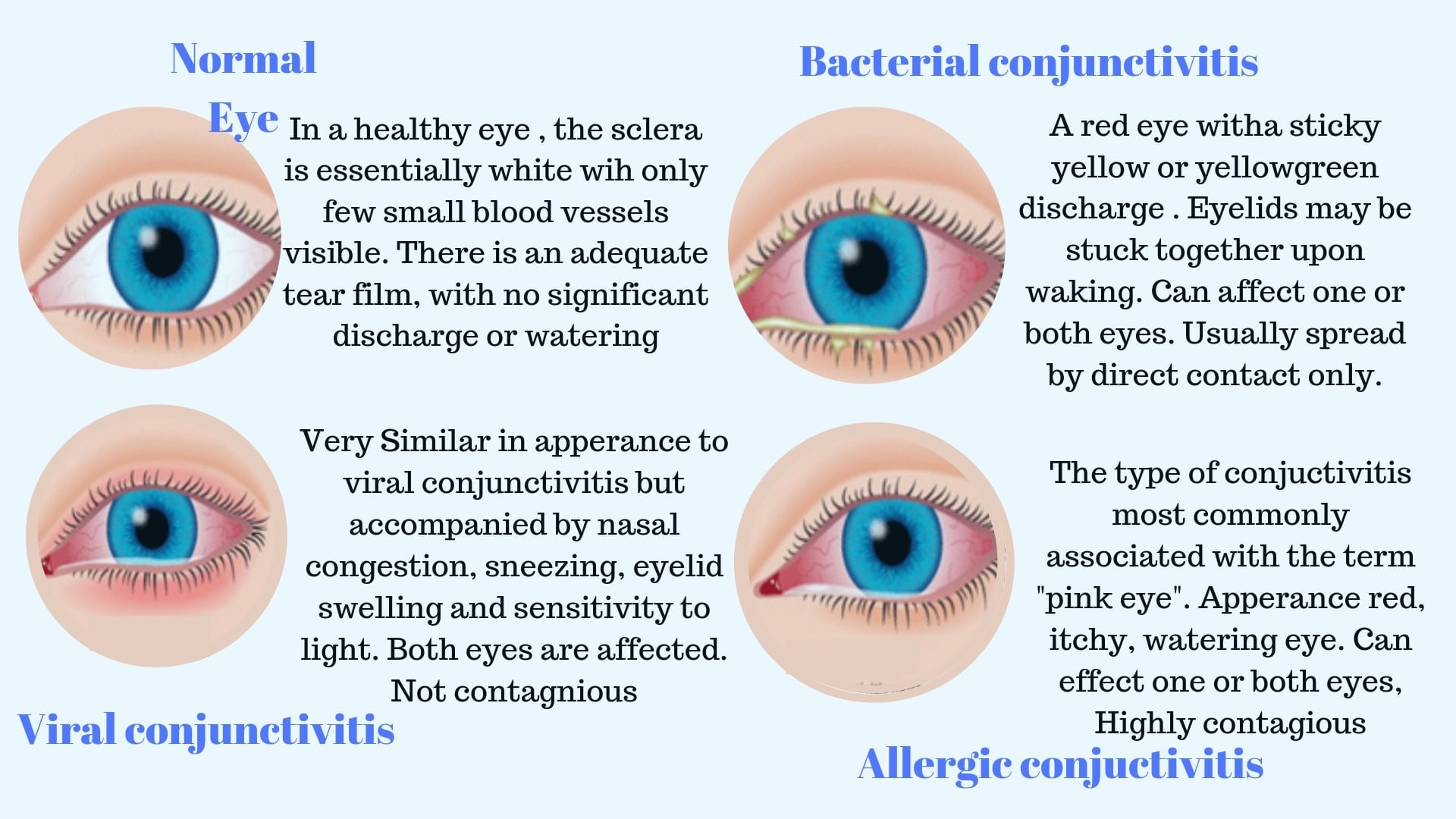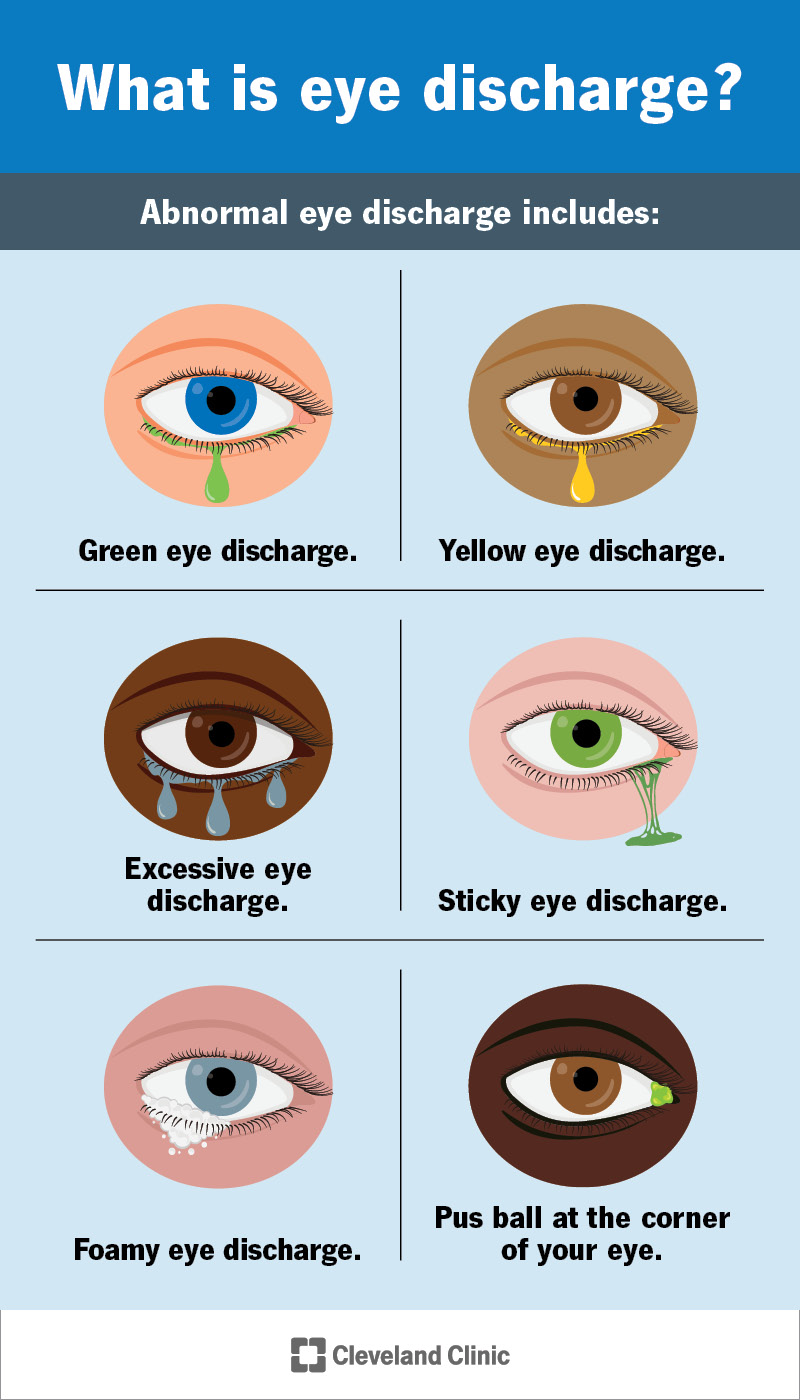Eye Discharge During Cold
Eye Discharge During Cold - One of the most common eye conditions associated with colds and the flu is conjunctivitis, otherwise known as pink eye. Cold and flu symptoms typically manifest themselves through nasal, mouth, throat and lung congestion; As if those symptoms weren’t bothersome enough, a cold can also infect your eyes, leading to watery discharge and irritation. Eye colds also usually cause teary or watery eyes, and you may even have some whitish eye discharge. However they can also affect.
One of the most common eye conditions associated with colds and the flu is conjunctivitis, otherwise known as pink eye. Cold and flu symptoms typically manifest themselves through nasal, mouth, throat and lung congestion; However they can also affect. Eye colds also usually cause teary or watery eyes, and you may even have some whitish eye discharge. As if those symptoms weren’t bothersome enough, a cold can also infect your eyes, leading to watery discharge and irritation.
One of the most common eye conditions associated with colds and the flu is conjunctivitis, otherwise known as pink eye. Eye colds also usually cause teary or watery eyes, and you may even have some whitish eye discharge. Cold and flu symptoms typically manifest themselves through nasal, mouth, throat and lung congestion; As if those symptoms weren’t bothersome enough, a cold can also infect your eyes, leading to watery discharge and irritation. However they can also affect.
Understanding Eye Colds Differentiating Between Conjunctivitis and
Eye colds also usually cause teary or watery eyes, and you may even have some whitish eye discharge. As if those symptoms weren’t bothersome enough, a cold can also infect your eyes, leading to watery discharge and irritation. One of the most common eye conditions associated with colds and the flu is conjunctivitis, otherwise known as pink eye. However they.
Eye Discharge Causes, Associated Conditions, and Treatments 1MD
One of the most common eye conditions associated with colds and the flu is conjunctivitis, otherwise known as pink eye. As if those symptoms weren’t bothersome enough, a cold can also infect your eyes, leading to watery discharge and irritation. However they can also affect. Eye colds also usually cause teary or watery eyes, and you may even have some.
Crusty Mucus Eyes
One of the most common eye conditions associated with colds and the flu is conjunctivitis, otherwise known as pink eye. Eye colds also usually cause teary or watery eyes, and you may even have some whitish eye discharge. As if those symptoms weren’t bothersome enough, a cold can also infect your eyes, leading to watery discharge and irritation. Cold and.
Types of Eye Discharge, Mucus, and Their Causes
Eye colds also usually cause teary or watery eyes, and you may even have some whitish eye discharge. As if those symptoms weren’t bothersome enough, a cold can also infect your eyes, leading to watery discharge and irritation. One of the most common eye conditions associated with colds and the flu is conjunctivitis, otherwise known as pink eye. However they.
Eye Cold Contagious Conjunctivitis You Ought to Know About
As if those symptoms weren’t bothersome enough, a cold can also infect your eyes, leading to watery discharge and irritation. One of the most common eye conditions associated with colds and the flu is conjunctivitis, otherwise known as pink eye. Eye colds also usually cause teary or watery eyes, and you may even have some whitish eye discharge. However they.
Cold weather woes and dry eyes News UAB
Cold and flu symptoms typically manifest themselves through nasal, mouth, throat and lung congestion; One of the most common eye conditions associated with colds and the flu is conjunctivitis, otherwise known as pink eye. Eye colds also usually cause teary or watery eyes, and you may even have some whitish eye discharge. However they can also affect. As if those.
Understanding the Gunk in my Eyes Causes, Types and Treatments
Eye colds also usually cause teary or watery eyes, and you may even have some whitish eye discharge. However they can also affect. As if those symptoms weren’t bothersome enough, a cold can also infect your eyes, leading to watery discharge and irritation. Cold and flu symptoms typically manifest themselves through nasal, mouth, throat and lung congestion; One of the.
Eyes On The Prize Eye Flu With Expert Tips
As if those symptoms weren’t bothersome enough, a cold can also infect your eyes, leading to watery discharge and irritation. Cold and flu symptoms typically manifest themselves through nasal, mouth, throat and lung congestion; One of the most common eye conditions associated with colds and the flu is conjunctivitis, otherwise known as pink eye. Eye colds also usually cause teary.
Eye Discharge (Eye Mucus) Causes, Types & Treatment
Cold and flu symptoms typically manifest themselves through nasal, mouth, throat and lung congestion; Eye colds also usually cause teary or watery eyes, and you may even have some whitish eye discharge. As if those symptoms weren’t bothersome enough, a cold can also infect your eyes, leading to watery discharge and irritation. However they can also affect. One of the.
Mucopurulent Conjunctivitis Causes, Symptoms and Treatment
As if those symptoms weren’t bothersome enough, a cold can also infect your eyes, leading to watery discharge and irritation. Cold and flu symptoms typically manifest themselves through nasal, mouth, throat and lung congestion; One of the most common eye conditions associated with colds and the flu is conjunctivitis, otherwise known as pink eye. Eye colds also usually cause teary.
Cold And Flu Symptoms Typically Manifest Themselves Through Nasal, Mouth, Throat And Lung Congestion;
As if those symptoms weren’t bothersome enough, a cold can also infect your eyes, leading to watery discharge and irritation. However they can also affect. Eye colds also usually cause teary or watery eyes, and you may even have some whitish eye discharge. One of the most common eye conditions associated with colds and the flu is conjunctivitis, otherwise known as pink eye.


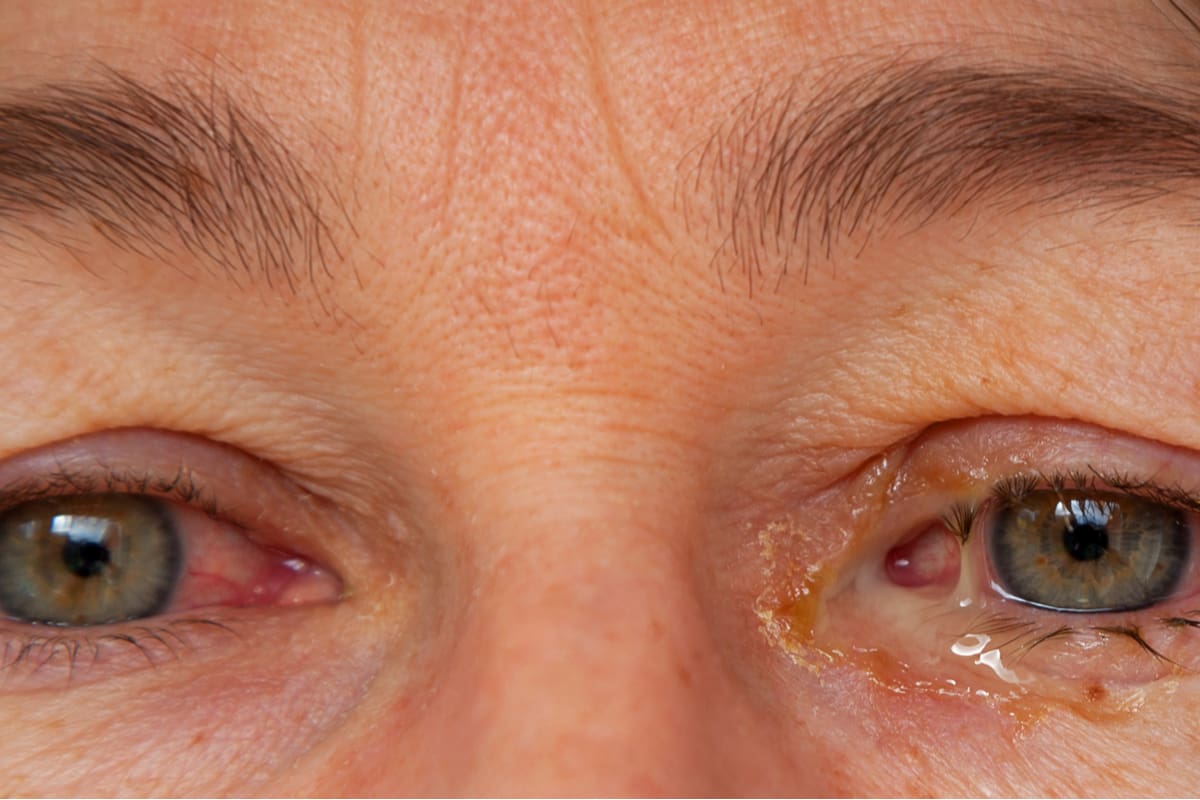
:max_bytes(150000):strip_icc()/eye-mucus-types-3422108_color2-5b95bba0c9e77c0082f5eeb0.png)
